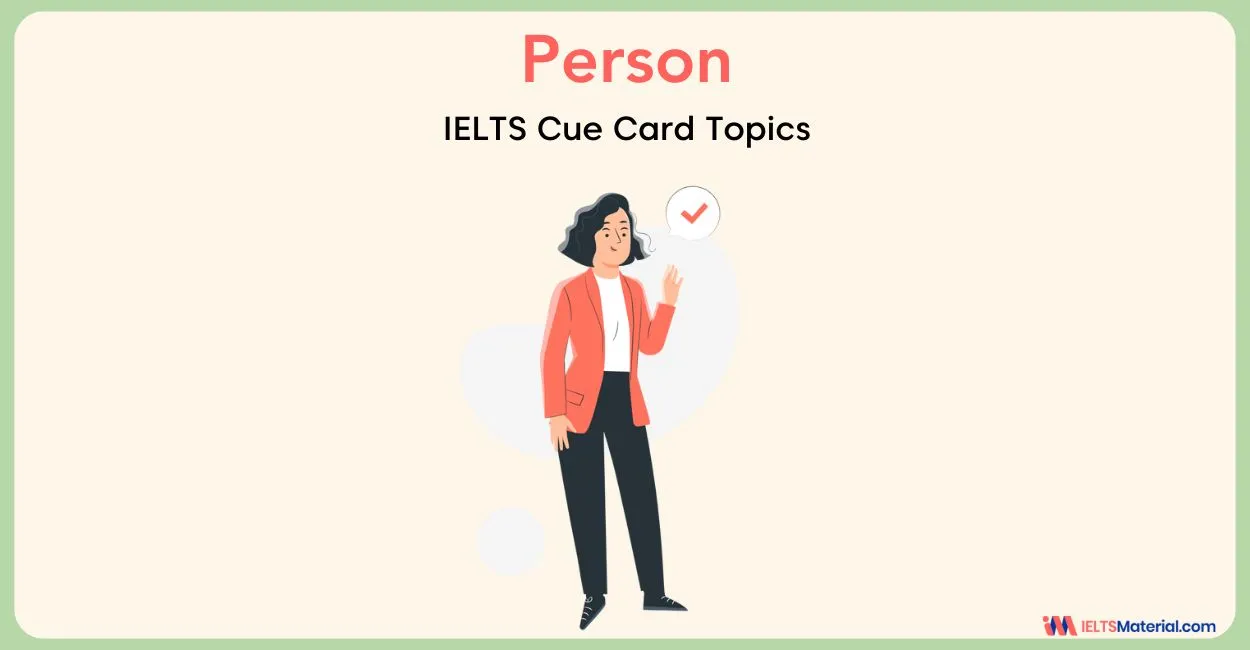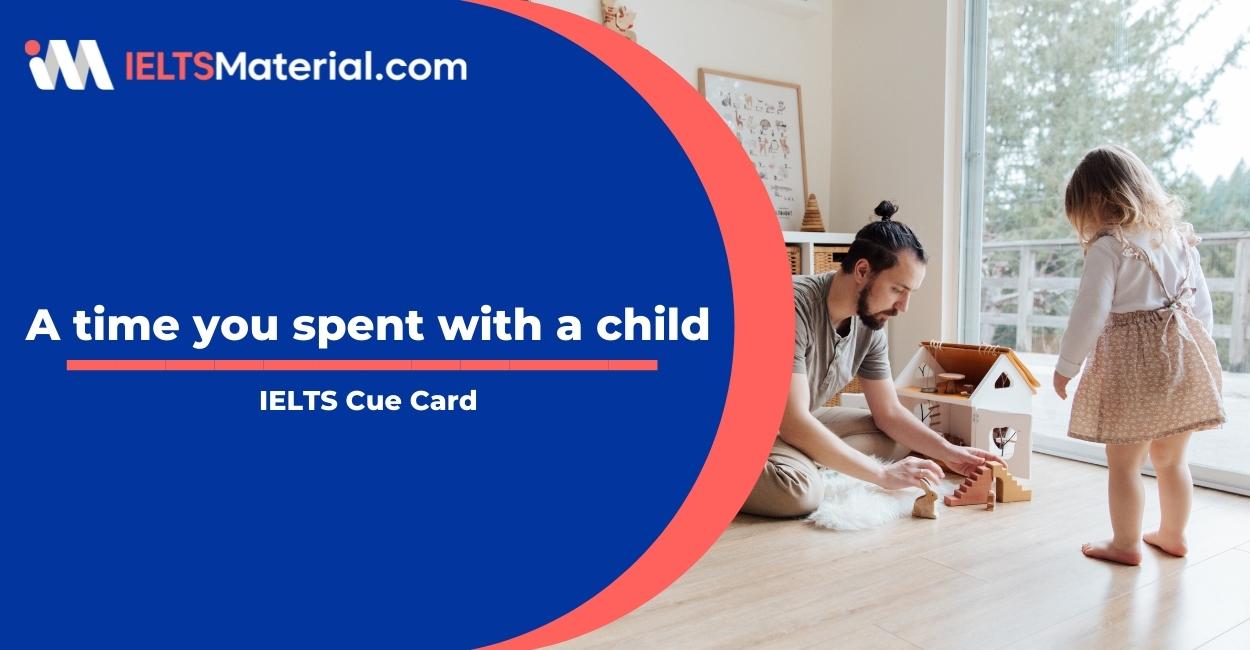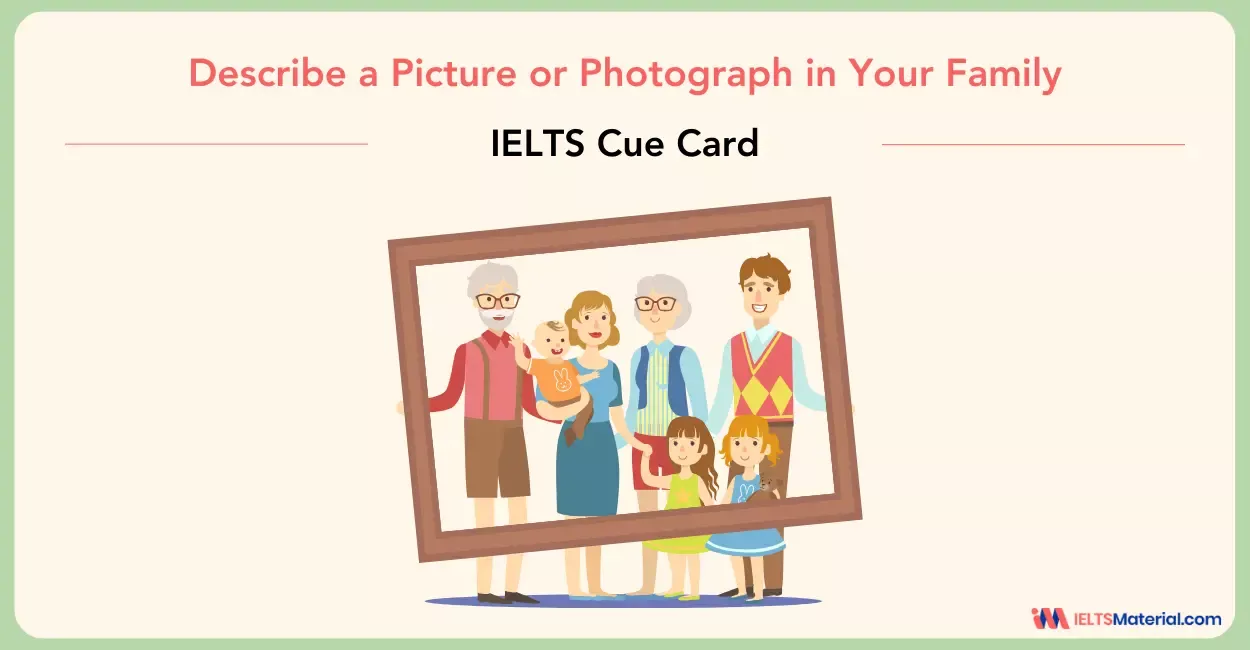Describe a time when you spend time with a child: IELTS Cue Card
Looking for the perfect response to "Describe a Time When You Spent Time with a Child"? Explore our sample Band 9 answer and boost your chances of scoring high in your IELTS Speaking test!
Table of Contents

Get a Complimentary IELTS Speaking Strategies PDF
This article contains the sample answers for the topic – Describe a time when you spend time with a child/ Describe an occasion when you spent time with a young child. The IELTS Speaking tests your ability to communicate effectively in English through a structured conversation with an examiner. The IELTS Speaking Part 2 provides a topic and prompts for you to prepare a short speech, showcasing your fluency and coherence. In this blog, we delve into 3 sample answers on the IELTS cue card topic, Describe a time when you spend time with a child/ Describe an occasion when you spent time with a young child’ and present sample answers for IELTS Speaking Part 3, offering insights and tips to help candidates excel in their speaking test.
Before you begin, enhance your IELTS Speaking test skills and fluency using the guide provided below!
In IELTS Speaking, you should focus on one idea only and then expand that idea into a long meaningful sentence using IELTS Grammar patterns and IELTS Vocabulary. So, try practising this topic for Part 2 of the cue card for your IELTS Speaking and achieve a good IELTS Band Score! For more cue cards, take a look at IELTS Speaking Part 2 | Topics, Questions and Samples Answers.
Describe a time when you spend time with a child/ Describe an occasion when you spent time with a young child
You should say:
- who the child is
- how you know him/her
- why you spent time with him/her
- and explain what you did when you were together.
Sample Answer 1
One memorable time I spent with a child was when I looked after my cousin, Emma, who is six years old. She’s the daughter of my aunt, and I’ve known her since she was a baby. I decided to spend time with her when my aunt needed to go out of town for a couple of days. Emma is a very energetic child, so I thought it would be a good opportunity for us to bond and for me to help my aunt by taking care of her.
We spent the day together at the local park, and I let Emma choose the activities. She loves outdoor play, so we started by going on the swings. She had so much fun pushing herself higher and higher. After that, we played on the slides, and she even taught me a few fun tricks she’d learned from other kids at the park. Later, we took a break and had a small picnic with sandwiches and juice, which she really enjoyed. We ended our time at the park by walking around and looking at the flowers in the garden. Emma was fascinated by the different colors and sizes of the flowers, and she kept asking me to take pictures of them.
It was such a simple day, but it made me realize how important it is to make time for young children and share their joy in little things. I truly enjoyed the experience, and I felt that it brought us closer as family. It also made me appreciate the time I get to spend with loved ones, especially when it’s in a relaxed and carefree setting like that.
Sample Answer 2
Click on the audio to listen to the sample answer below. Pay attention to the intonation and pronunciation of the words.
Children, with their innocent mind, could make people around laugh by their witty words and funny actions. I’m going to talk about my niece, a four-year-old energetic girl who did something that really made me laugh my head off.
As usual, after finishing dinner, she played with her toys by herself. There was a night when I was doing my assignment. Suddenly, she knocked on the door and told me tenderly that she wanted me to come over to her room. I thought she needed to take any toys on the shelf so I came there immediately. Surprisingly, she asked me to sit down and started to sing a Korean song named “Three little bears”. She sang and did funny actions that I couldn’t help laughing. Her parents and my mom heard the noise, they came to her room. She was aware that many people were around. Interestingly, she opened the wardrobe, chose a pink dress like a princess, took a lipstick from my bag and acted like a true singer that everyone couldn’t take their eyes off her. Whenever she finished, she always questioned whether we like to listen to more songs.
We had a nice night together. Our life is so busy and it’s hard to find true happiness that makes us laugh and enjoy. That was probably the best part of our family memories that I will never forget.
Are you having difficulty speaking for IELTS Speaking Part 2 cue cards like this one? Book a FREE Demo!
Sample Answer 3
One occasion when I spent time with a young child was when I took care of my friend’s son, Noah, who is four years old. I’ve known Noah since he was born because my friend and I have been best friends for years. I was asked to look after him for a few hours while my friend went to a work meeting. Since I enjoy spending time with Noah, I was happy to help out and see how he’s growing up.
We decided to go to the zoo for the afternoon. Noah has always been fascinated by animals, so he was extremely excited to see all the different creatures. We spent most of our time at the monkey exhibit, where Noah kept laughing at how playful the monkeys were. He was also very interested in the lions, and we spent a lot of time watching them from a safe distance. After touring the zoo, we sat down for a snack, and Noah shared some of his favorite animal stories with me, which made me smile.
After the snack, I took him to the gift shop where he picked out a small stuffed animal as a souvenir. It was a simple but fun day, and I loved seeing how curious and engaged Noah was with the world around him. Spending time with him gave me a sense of joy and helped me understand the importance of nurturing the curiosity of young children. It was also great to be able to give my friend a bit of time for herself, knowing Noah was in good hands.
Struggling with IELTS Speaking? Let’s practice together—book your online speaking class now!
Vocabulary for Cue Card: Describe a time when you spend time with a child/ Describe an occasion when you spent time with a young child
1. Energetic
Meaning: Full of energy, lively
Example: Emma is an energetic child, always moving around and playing outdoors.
2. Bond
Meaning: To form a close relationship with someone
Example: I spent the day with Emma to bond and strengthen our family connection.
3. Fascinated
Meaning: Extremely interested or captivated
Example: Emma was fascinated by the flowers in the park, constantly asking questions about them.
4. Tricks
Meaning: Clever or playful actions, often for amusement
Example: Emma taught me some fun tricks she had learned from other kids at the park.
5. Carefree
Meaning: Free from worries or stress
Example: We spent the afternoon in a carefree way, just enjoying each other's company at the park.
6. Fascinated
Meaning: Extremely interested or captivated
Example: Noah was fascinated by the monkeys and couldn’t stop laughing at their playful antics.
7. Curious
Meaning: Eager to learn or know something
Example: Noah was curious about the lions and asked a lot of questions about them at the zoo.
8. Engaged
Meaning: Fully involved or interested in something
Example: Noah was fully engaged in the animal exhibits, especially the playful monkeys.
9. Souvenir
Meaning: A thing that is kept as a reminder of a place or event
Example: After the zoo visit, Noah picked out a stuffed animal as a souvenir to remember the day.
10. Nurturing
Meaning: Providing care and encouragement for growth
Example: Spending time with young children is an opportunity for nurturing their curiosity and learning.
11. Laugh your head off
Meaning: Laugh loudly and for a long time
Example: The comic's jokes were so hilarious that everyone laughed their head off.
12. Tenderly
Meaning: Softly and gently
Example: She took the wounded cat tenderly and put it inside the basket.
13. To be aware of
Meaning: Having knowledge or perception of a situation or fact
Example: Everyone should be made aware of the situation.
14. Can’t help something
Meaning: Used to say that someone cannot stop themselves from doing something
Example: Rose couldn’t help thinking about her past.
15. Can’t take your eyes off somebody
Meaning: Unable to stop looking at them because they are so attractive or interesting
Example: My mother can’t take her eyes off the beautiful diamond necklace.
Don't miss out on our top-rated Speaking book! Buy Now!
Speaking Part 3
1 Are sweets a good thing to reward children?
Definitely yes. From my experience, children are often thrilled to bits when they catch sight of pieces of candies, especially those with colorful packaging. It can be easily understood because children have a sweet tooth and candies are no wonder a perfect suit for them.
2 Do parents in your country spend a lot of time with their children?
As far as I can tell, most people are constantly up to ears in their work and hardly spare enough time for their kids. Instead, I reckon grandparents are often the ones who look after them as people in my country generally live in extended families and these elderly members have more free time. The direct result of this is that children end up being closer to their grandparents than their own mother and father.
3 Why do children tend to be happier than adults?
I guess the first and foremost reason is because children tend to let their feelings go while adults tend to hold their feelings back. In fact, children’s thoughts are simple and innocent. They also have the ability to simplify everything that they see, feel and encounter, which helps them to be more careless and not over-analyze things like most adults do. Besides, they don’t have to face up with any troubles at work and they often forget what just happened. They have no worries, no doubts, no disappointment about anything. Thus, their life is much easier and happier.
Vocabulary for Speaking Part 3
1. First and foremost (phrase)
Meaning: Most importantly; more than anything else
Example: The first and the foremost thing is to understand the requirements.
2. To face with (verb)
Meaning: To deal with
Example: Everyone has to face some problems.
3. Up to ears/neck in something (idiom)
Meaning: Very busy doing something
Example: I’m up to my ears in paperwork, as the exams have started.
4. Extended family (noun)
Meaning: A family unit that includes grandmothers, grandfathers, aunts, and uncles, etc. in addition to parents and children
Example: We invited our extended family too.
5. Nuclear family (noun)
Meaning: A family consisting of two parents and their children, but not including aunts, uncles, grandparents, etc.
Example: It’s very difficult for her to adjust in a joint family, as she’s born and brought up in a nuclear family.
Related Cue Cards:

Bonus IELTS Speaking part questions with Answers
Recent Articles

Haniya Yashfeen

Kasturika Samanta

Nehasri Ravishenbagam





Post your Comments